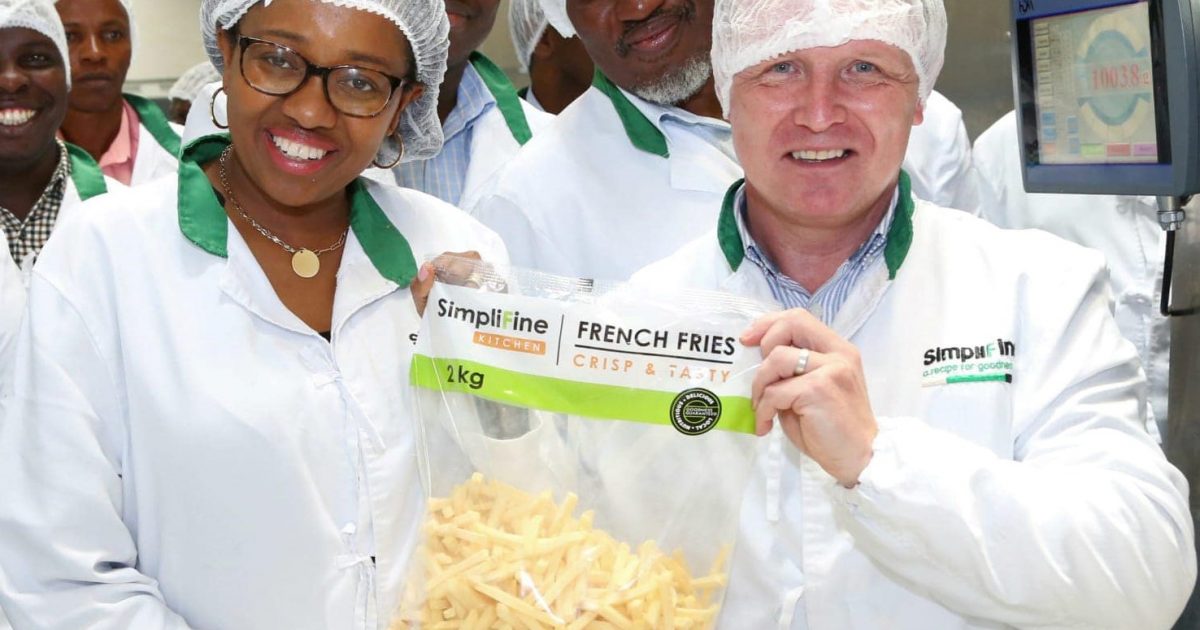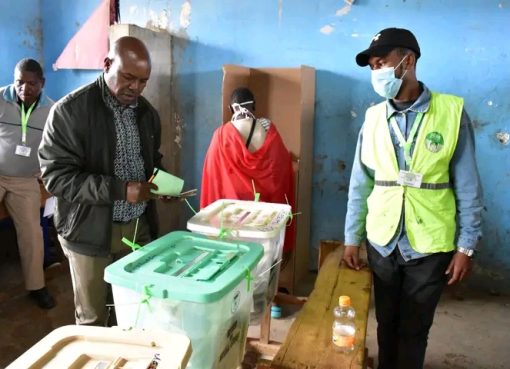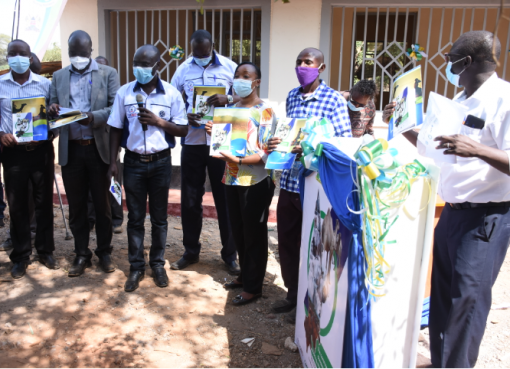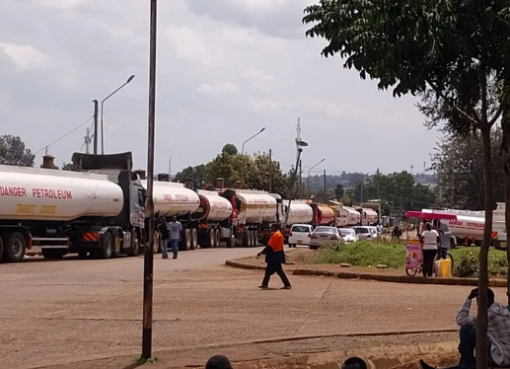More than 20,000 small-holder potato farmers in Nakuru County will benefit from several programmes aligned to climate-smart innovations and technologies to help them increase potatoes production both for domestic consumption and for export.
Governor Susan Kihika said her administration was working to equip agricultural extension officers working with small holder farmers to train the farmers on modern farming practices that will mitigate against risks like drought, floods, climate-induced pests and diseases.
The governor regretted that lack of certified seeds and poor marketing strategies have continued to hamper the lucrative potato trade in Nakuru County adding that scarcity of certified potato seeds in Kenya had stagnated production of the crop at seven tons per hectare against a potential of 40 tons.
While observing that Kenya’s potato seed demand was at 30,000 tons annually, the county boss lamented that Nakuru which is the second largest producer of the crop in Kenya after Nyandarua County, was now producing a mere 6,700 tons, with most farmers recycling crops from the previous season to use as seed, a move she blamed for the shortage that the country faces.
In Nakuru, there are about 20,000 farmers growing potatoes on more than 38,000 acres of land with a total production of 160,000 tonnes of assorted varieties being grown.
Speaking when she toured SimpliFine potato processing facility in the County, Ms Kihika urged farmers to buy the right seeds if they hope to have a competitive edge in the market.
“The quality of potato seeds is critical because bad seeds will give you poor yields and this will not fetch you good money in the market. As second in production of potatoes in the country, Nakuru County is deliberate in getting farmers to plant the right varieties for the market,” said the Governor
The governor who was flanked by SimpliFine’s Chief Executive Officer Steve Carlyon who indicated that her administration was forging public-private partnerships aimed at supporting farmers to access new markets, both domestically and internationally, which can provide them with better prices and more stable incomes.
She added that the county government will continue to focus on the development of agriculture and the creation of new opportunities for local farmers adding that under her leadership the devolved unit was supporting activities aligned to climate-smart innovations to ensure that farmers adopt climate-smart agriculture practices and technologies which are geared towards cushioning them against the challenges they are facing.
She said they were using various forums, including farmers’ field days, to disseminate information to farmers to address climate change challenges with an ultimate goal of translating the information, knowledge and new technologies into increased incomes for smallholder farmers and alleviate poverty.
Ms Kihika observed that many potato farmers who had adopted climate-smart agriculture have been experiencing challenges like access to certified seeds, pests and diseases and soil-borne diseases and said the County was collaborating with research institutions in coming up with solutions that supports potato smallholder farmers to be able to tackle the risks that they face like pests, a decline of soil fertility, and diseases which are very rampant in the lucrative sector.
She went on: “We are promoting adoption of practices and technologies that will be able to support farmers to conduct potato farming in a climate-smart way by focusing on environmental conservation.”
The governor commended the efforts made by SimpliFine potato processing facility to help the farmers and traders in the region noting that Potato was one of the leading crops in the County and that they were committed to ensuring farmers earn more through enforcing stringent measures on packaging and provision of certified seeds to the farmers.
Initiatives by the County government to improve potato farming, she stated, were addressing the entire chain from soil testing, soil management, quality seeds, best husbandry, to marketing in addition to improved value addition including starch and animal feed production.
Ms Kihika said the drive to bolster the potato sub sector includes making farming attractive to the youth through embracing modern farming technologies, as well as addressing post-harvest losses.
“We are working with various partners in both the public and private sectors to offer expert services in the potato value chain among other initiatives focused towards addressing food security by using the potato,” she said.
In Kenya, potatoes are the second most consumed staple food after maize. However, it is laden with a myriad of challenges such as lack of certified seed, lack of training in good agricultural practices for optimal potato production, access to modern technology, access to markets, and poor uptake solutions geared towards reducing the potential impact the sector has towards climate change.
Potatoes is also Kenya’s second most produced crop after maize. On average, 1.35 million tonnes of potatoes are produced in Kenya annually.
Potato production involves over 790,000 smallholder farmers. The crop is grown on about 123,000 hectares of land.
Potato is grown by about 800,000 farmers spread across several counties which including, Bomet, Bungoma, Elgeyo Marakwet, Kericho, Kiambu, Kirinyaga, Meru, Muranga, Nakuru, Narok, Nyandarua, Nyeri, Trans Nzoia, Uasin Gishu and West Pokot.
A report by the Centre for Agriculture and Bioscience International (CABI) reveals that over the years, potato yields have been declining. In the last 10 years, the yield has hit a low of 12.4 tonnes per hectare, which is far below the global average of 21 tonnes per hectare.
“This has been attributed to several problems with the most important being the high incidence of pests and diseases, some of which are seed- and soil-borne,” states the report.
By Esther Mwangi





